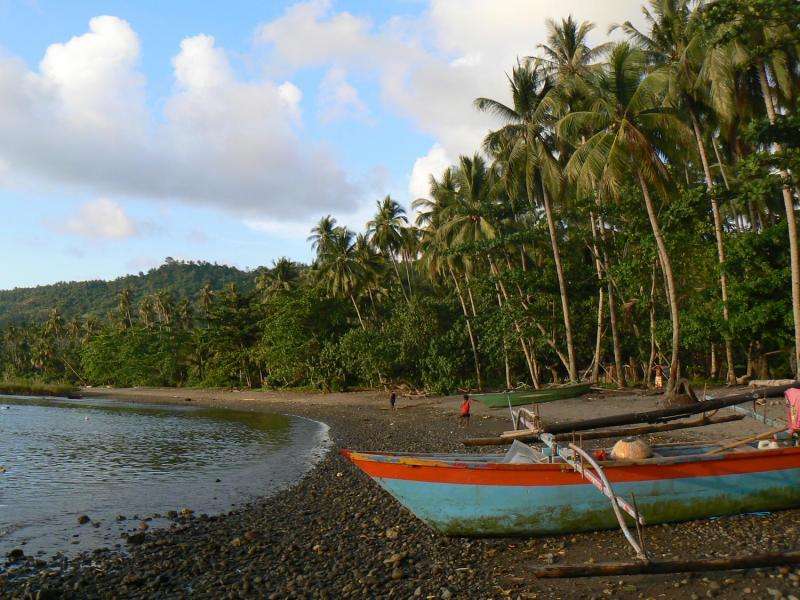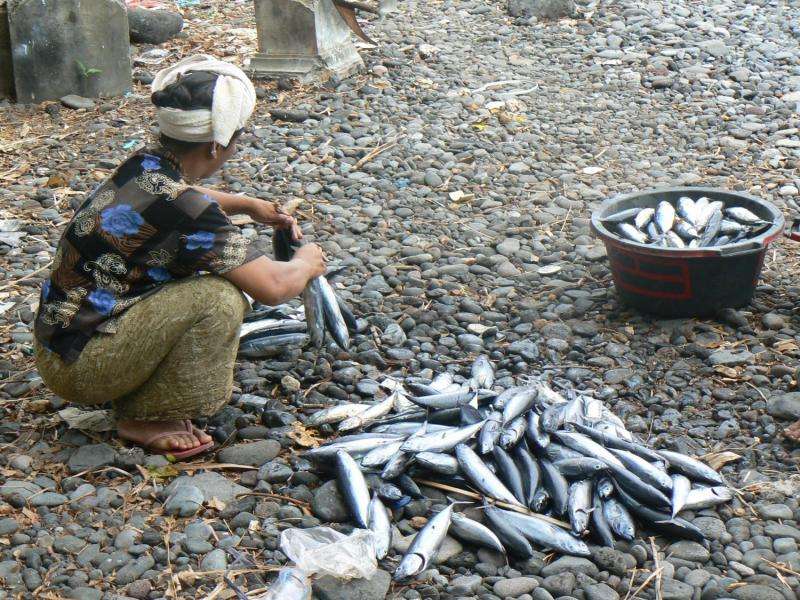Targeted assistance needed to fight poverty in developing coastal communities

Researchers say there needs to be a better understanding of how conservation and aid projects in developing countries impact the people they are designed to help.
"Millions of dollars have been spent on integrated conservation and development projects that are aimed at improving people's lives in developing countries," says study lead author, Dr Georgina Gurney from the ARC Centre of Excellence for Coral Reef studies (Coral CoE) at James Cook University.
"But our understanding of whether these projects are effective and how they impact people - positively or negatively - is very weak, particularly how they impact different groups within communities," Dr Gurney says.
Dr Gurney says conservation in developing countries has typically been based on the assumption that projects will be beneficial and affect all people equally, but this approach is too simplistic.
As part of their study published in a special edition of the Royal Society's journal, Philosophical Transactions B, the researchers explored the impact of marine conservation and development projects on fishing communities in Indonesia.
They examined how benefits and costs of the project were distributed across different groups within the communities, such as how the project affected men as opposed to women, or the elderly compared to young people.
"We found that the impacts are not always equal for everyone and this highlights a real problem when implementing projects," says Professor Bob Pressey from the Coral CoE.

"It's important to understand how different people are affected because unequal impacts can be seen as unfair, and this can lead to conflict and hinder poverty alleviation."
Dr Gurney adds that knowing how different community members respond to these projects means they can be tailored for the various sectors of society.
"For example, environmental education activities should be designed differently for different age groups because people's ability to learn new information varies," Dr Gurney says.
"A more nuanced understanding of how these projects affect people allows us to better design projects to alleviate poverty and ultimately, achieve objectives for environmental sustainability."
More information: Georgina G. Gurney et al. Integrated conservation and development: evaluating a community-based marine protected area project for equality of socioeconomic impacts, Philosophical Transactions of the Royal Society B: Biological Sciences (2015). DOI: 10.1098/rstb.2014.0277
Provided by ARC Centre of Excellence in Coral Reef Studies




















